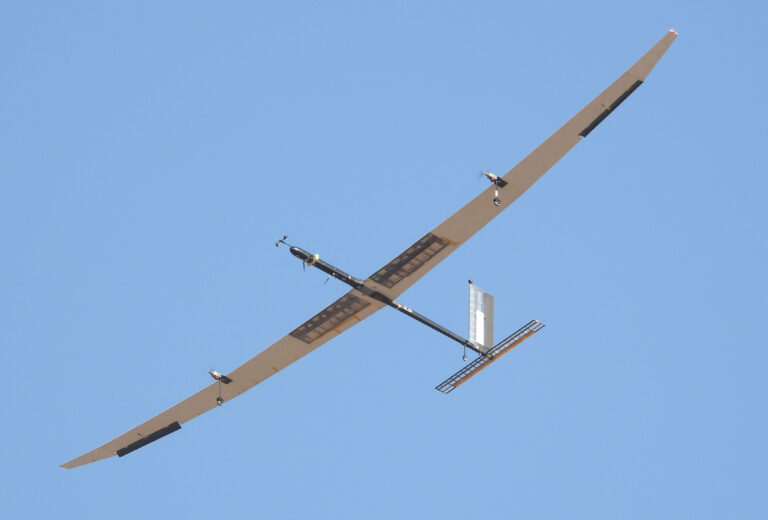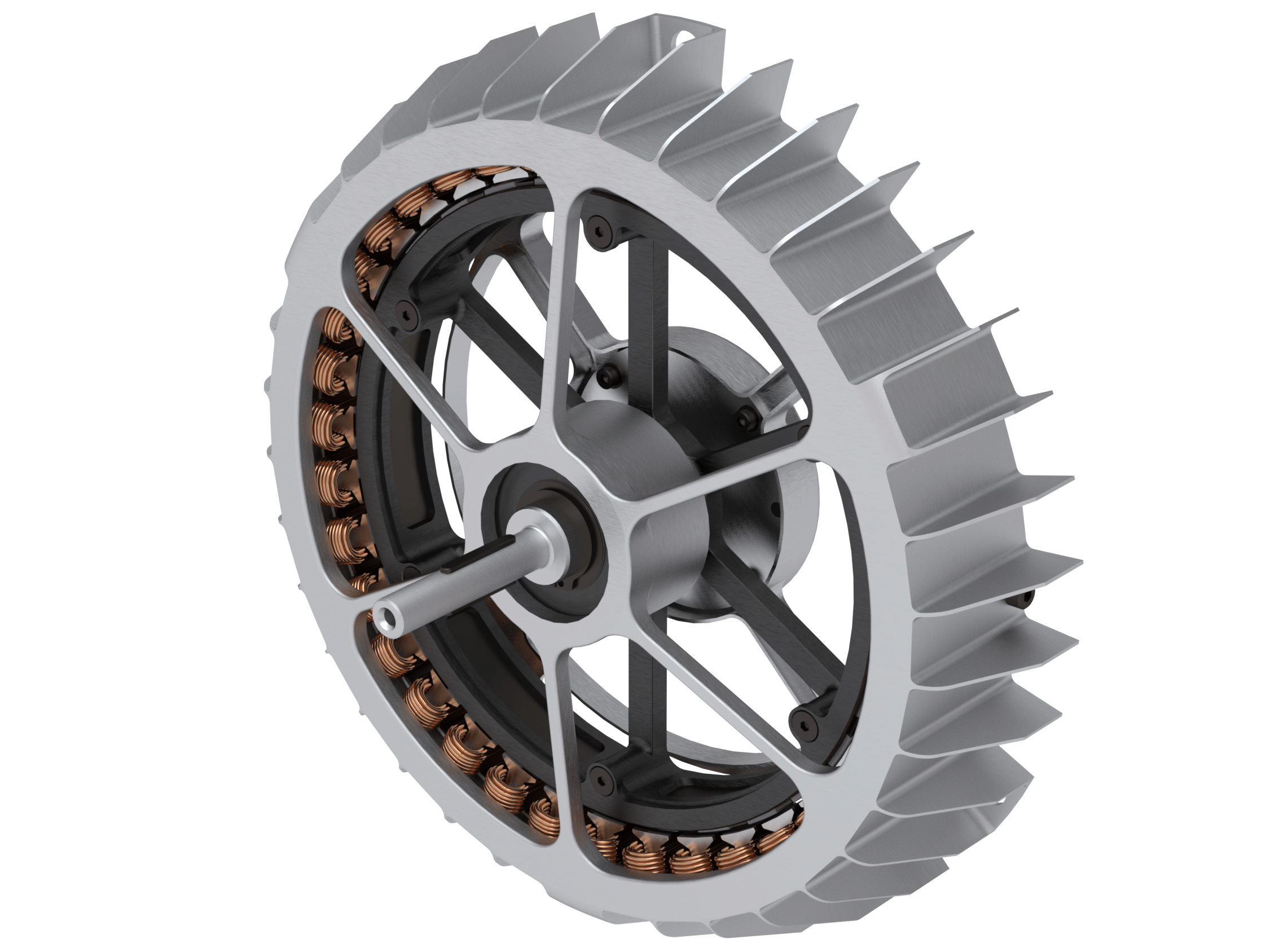Advanced Servo Motors ...
PMW Dynamics provide a comprehensive portfolio of advanced PM servo motors deploying both brush and brushless technology each bringing their specific benefits to an application
Remember your choice is not limited to catalogue items as PMW Dynamics have the capability to design and manufacture custom motors optimised to the exact requirement of your application
Industries Served by PMW Dynamics
A diverse range of industries rely on PMW Dynamics to engineer motor solutions design specifically for their demanding needs. Here's some examples ...

NewsSeptember 2023
What is Torque Constant in a motor and what determines it's value?
Ian Matthews Golledge, Technical Manager, explains ...
The torque constant, often denoted as Kt or sometimes simply as "k," is a fundamental parameter in electric motors, particularly in the context of brushed and brushless DC motors. It represents the relationship between the electrical input to the motor (current) and the mechanical output (torque) it produces
In mathematical terms, the torque produced by a motor (τ) can be calculated using the torque constant as follows:
τ = Kt * I
Where:
τ is the torque produced by the motor (in Newton-meters, Nm)
Kt is the torque constant of the motor (in Nm per ampere, Nm/A)
I is the current flowing through the motor's windings (in amperes, A)
The value of the torque constant is determined by the motor's physical and electrical characteristics. It is often specified by the manufacturer and can be found in the motor's datasheet. Several factors contribute to the value of the torque constant:
- Motor Design The physical design of the motor, including the number of turns in the wire windings, the size and shape of the magnets (in the case of permanent magnet motors), and the geometry of the rotor and stator, all influence the torque constant
- Magnetic Field Strength In permanent magnet motors, the strength of the magnets used significantly affects the torque constant. Stronger magnets can generate a higher torque constant.
- Winding Configuration The way the coils are wound and connected within the motor can impact the torque constant. Different winding configurations can result in different torque constants for the same motor.
- Motor Geometry The physical size and shape of the motor can also affect the torque constant. Larger motors tend to have higher torque constants compared to smaller ones.
- Materials The materials used in the motor's construction, such as the type of magnets and the quality of the copper wire, can influence the torque constant.
- Core Material In some motors, the core material used in the stator can affect the torque constant. Different core materials have different magnetic properties.
- Operating Conditions The torque constant can also vary with operating conditions, such as temperature and air gap between the rotor and stator. Manufacturers often provide torque constant values at specific operating points for accurate performance prediction.
Want to find out more?
Get in touch

